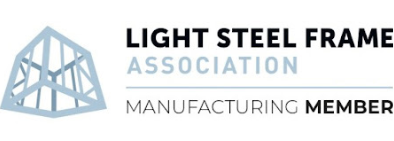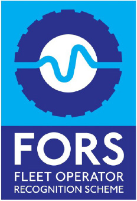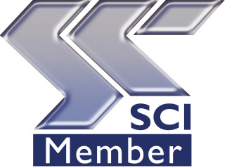British Offsite is systematizing how the UK builds to deliver high quality buildings and homes, smarter and faster. Our UNisystem and UNisystemLB products are reliable and competitive. They are also flexible to any design vision.
In addition to these big benefits, UNisystem and UNisystemLB also deliver significant added-value. They radically reduce the risks and delays in construction, driving Productivity and Profit, and deliver positive outcomes for People and Planet.
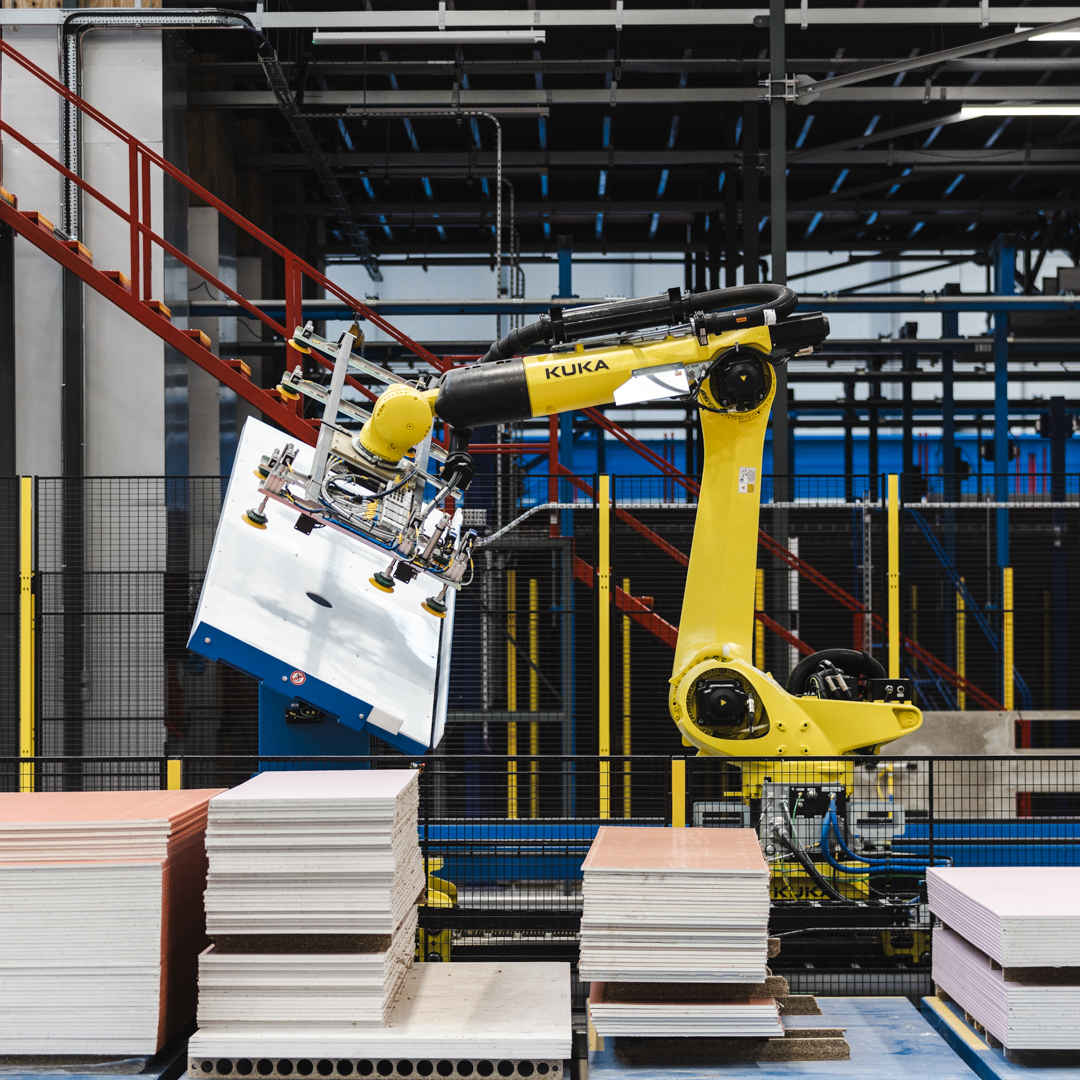
Why is offsite manufacturing of panels more precise than traditional build?
Very simply our pre-programmed robots produce UNisystem panels to your exact specifications on repeat. So whether you need 100 panels or 1,000, every one of them will be entirely the same. Resulting in precision-fitting units that can be lifted into place for straightforward bolting into position. One UNisystemSFS (non-loadbearing) panel can be installed every 15 minutes.
Our aim with UNisystem, however, is to integrate our pre-manufactured panels with traditional build, enabling our customers to make a gradual transition into new approaches if they choose to. You have a choice of how much is pre-manufactured. The work of up to five trades can be combined into one panel, with insulation, fire-stopping, windows, doors and external cladding all pre-installed with precision.
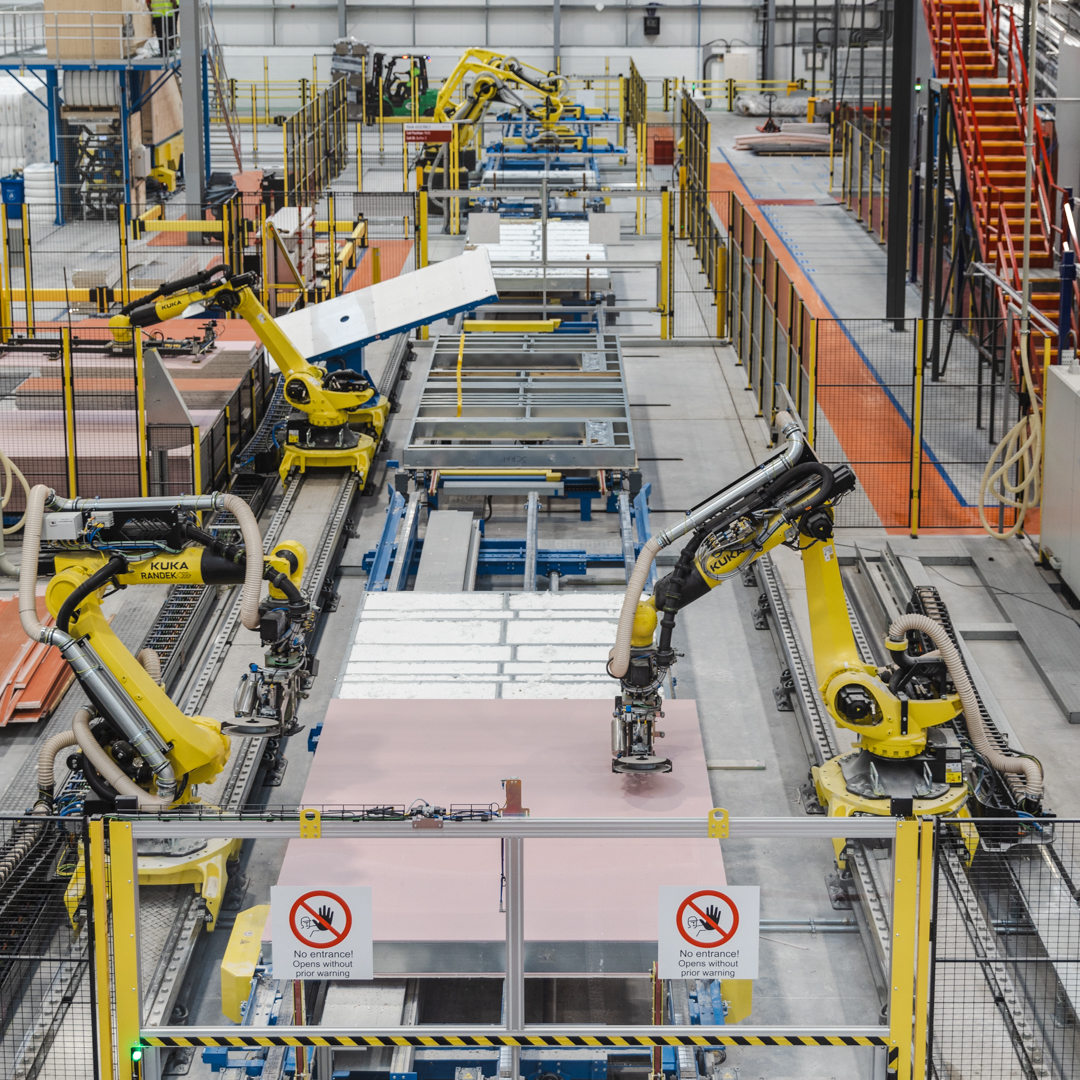
How is time saved with offsite manufacturing of panels?
Once our assembly line is motoring with the production of your panels, there are no interruptions. Your order is delivered on time in line with your specifications, with quality checks taking place at every turn. Compare this with up to five trades working on site, dealing with variable weather conditions and waiting for one stream of work to be completed before theirs can begin.
Time is also saved by dry envelopes being secured faster. Our panels can arrive on site fully assembled, with pre-installed windows and doors, so the only remaining process is lifting panels into place and securing them together before internal fit-out can begin.
Conventionally on high rise developments the superstructure is completed first, with internal fit-out following-on afterwards. When you use UNisystemSFS (non-loadbearing) as infill panels, internal fit-out can be carried out while work on the superstructure continues.
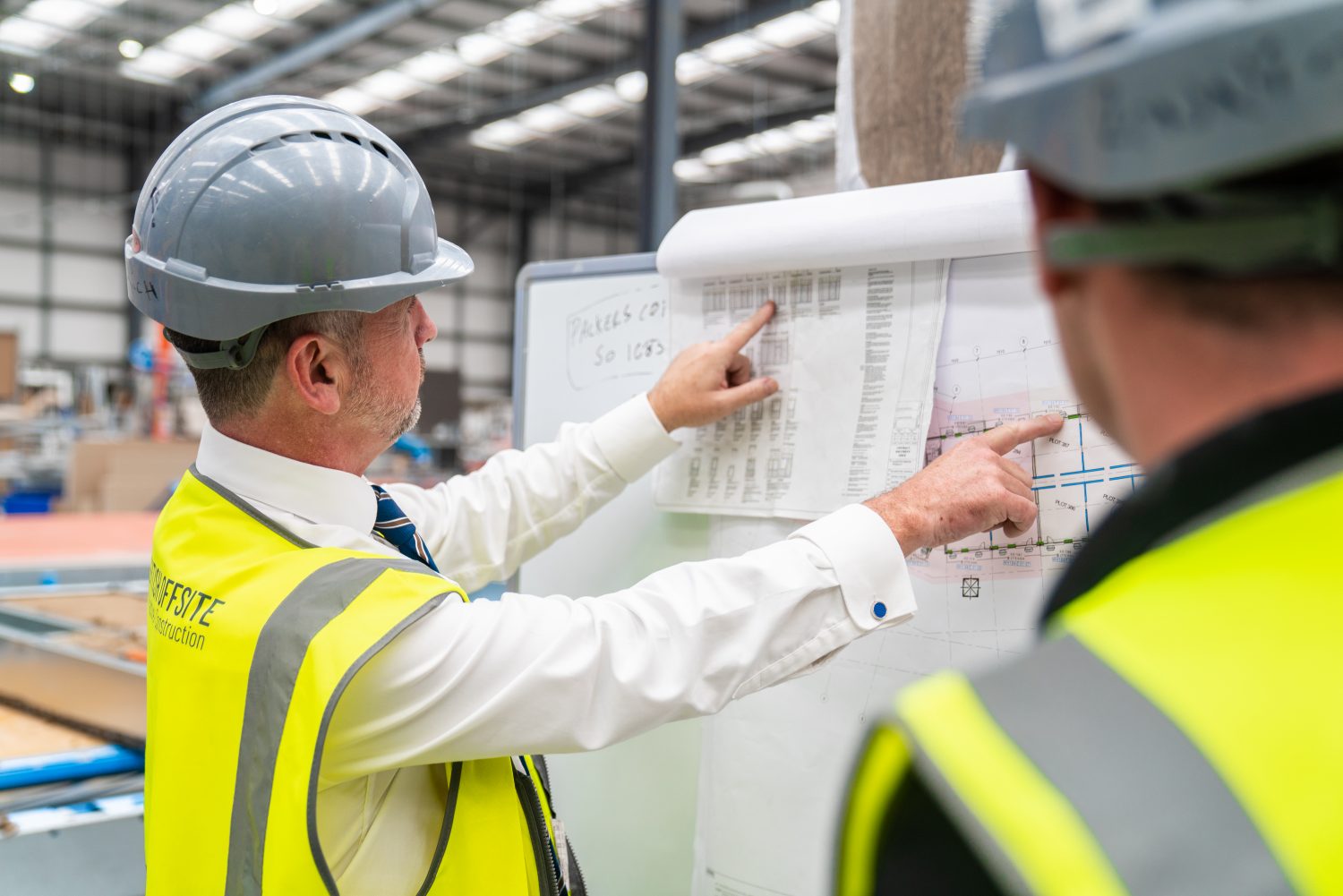
Why does offsite manufacturing of panels increase predictability?
By manufacturing our 2D panelised system UNisystem all in one place, we eliminate a big set of variables that affect the scheduling and cost of any construction project.
These variables include weather conditions, access to materials, availability of skilled labour, and limitations on the times of day and days of the week you can build, in line with Considerate Constructors agreements.
Leave the manufacturing to us and you will receive your panels “just-in-time” in line with your schedule and consequently be more in control of project scheduling and costs of construction. Ultimately providing greater predictability of end of project and end of year finances.
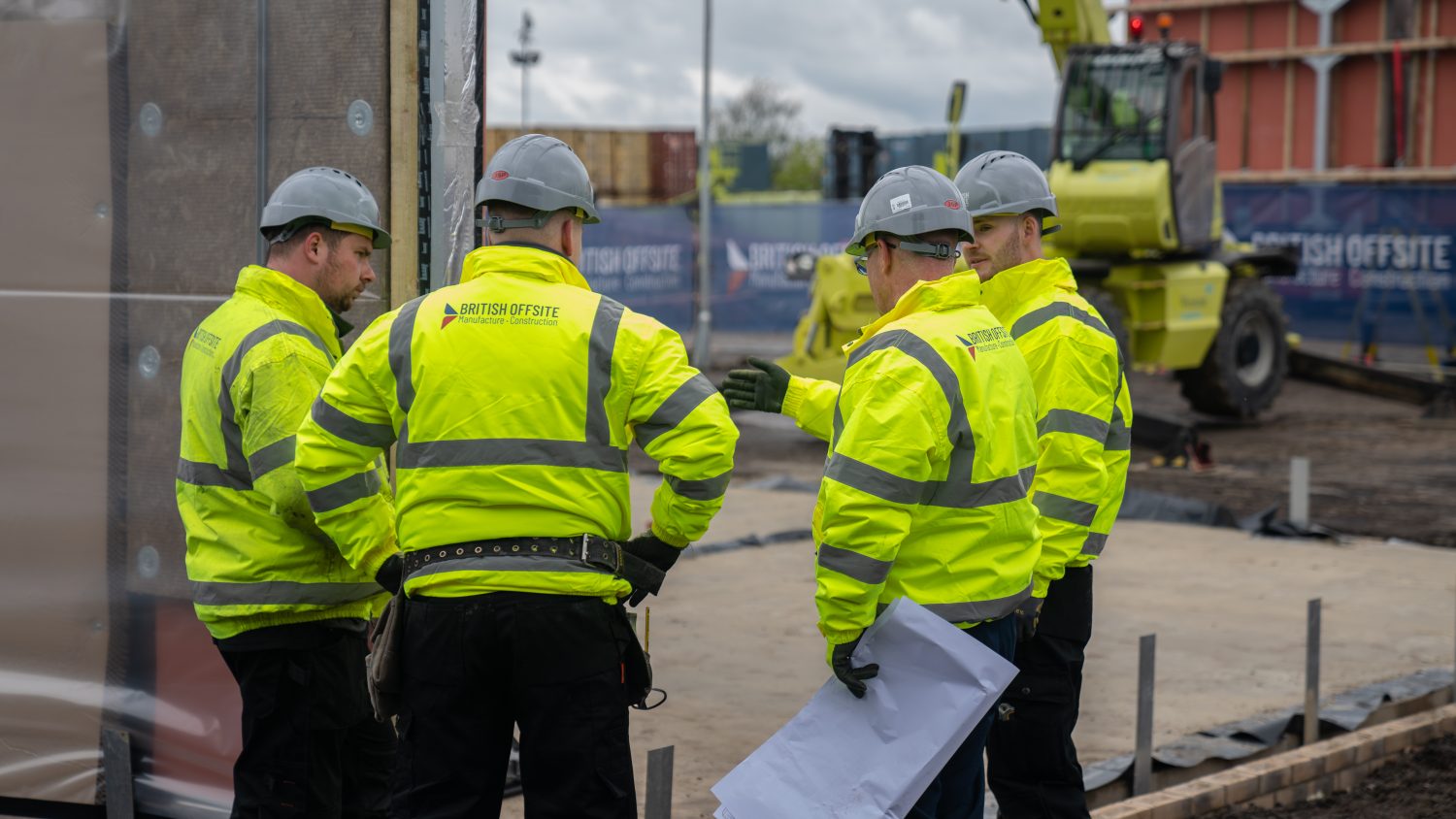
How do you keep track of every component installed in a building?
The process of manufacturing and quality-checking UNisystem panels on our automated assembly line, involves data capture and monitoring of every component – at every stage of the value chain, from sourcing via our supply change to manufacturing, distribution and installation on site.
The data we maintain provides a golden thread of trackability, to support our customers in pre-planning of safe and durable buildings and in the monitoring of buildings once they’re in operation.
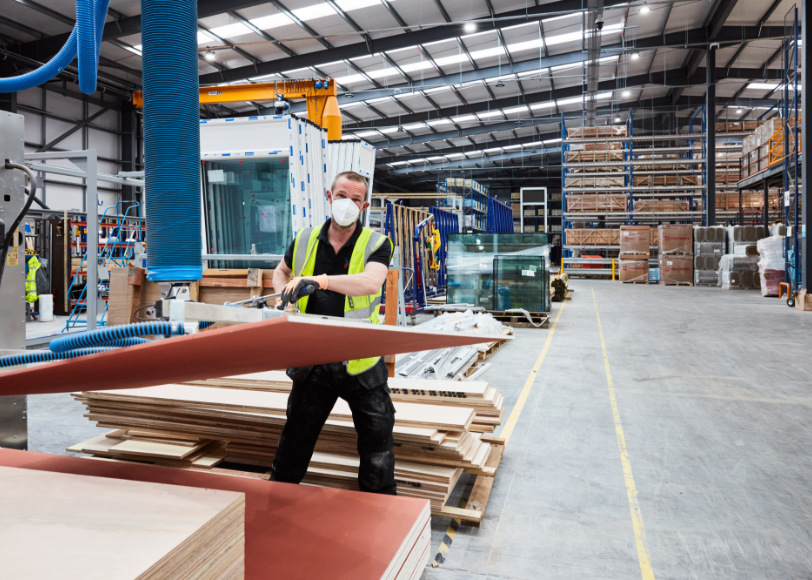
How does UNisystem perform on fire safety?
All components used within UNisystem are subject to rigorous testing and quality control, to make sure excellent thermal, acoustics and fire protection are maintained.
In terms of fire standards, our non-loadbearing panels comply with the EN1365-1:2015 standard. UNipanelSFS has EI60 fire classification and UNiwallSFS has EI120 fire classification.
Our loadbearing panels comply with the EN1365-1:2012 standard and UNipanelLB and UNiwallLB both have EI90 fire classification.
Fire safety is something our whole industry needs to take seriously, working to continuously improve performance and respond positively when new regulation requires change. In line with new building safety regulations in the UK, we’re working closely with developers to define best methods of integrating the now essential second staircase in buildings over 18 metres.
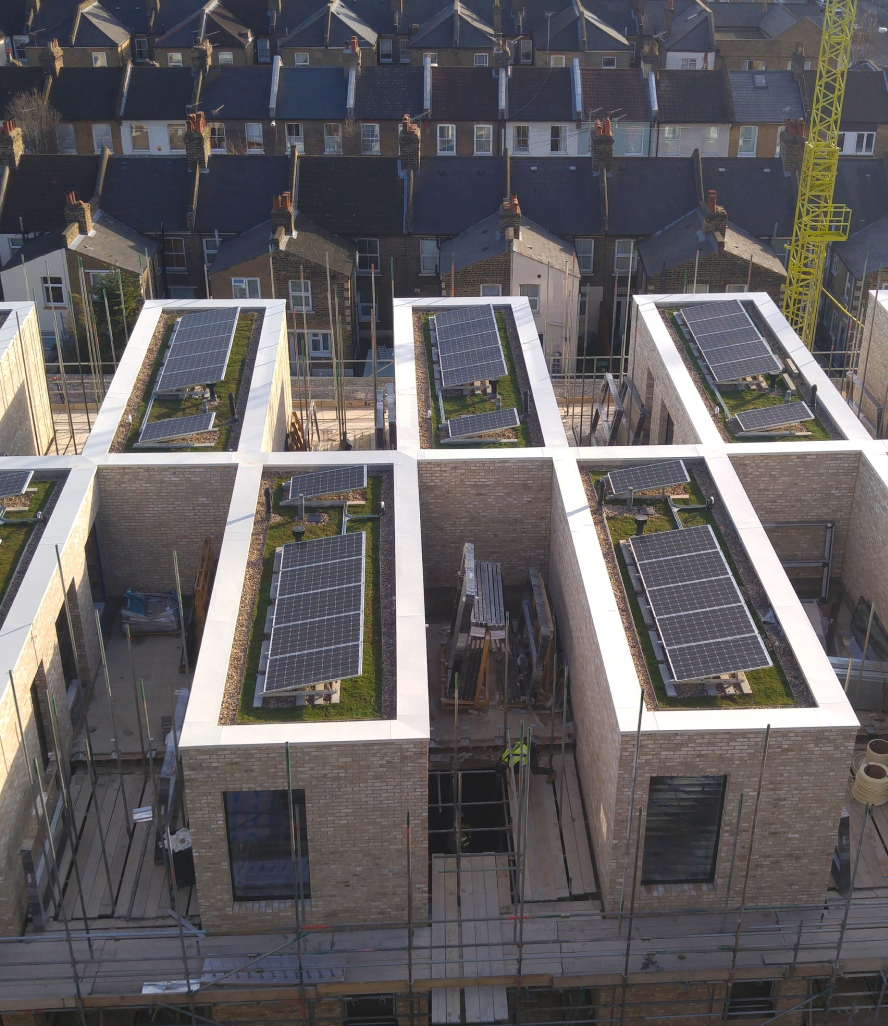
How do offsite methods of construction support our customers’ environmental goals?
We believe the best way to save energy is to make sure it isn’t needed in the first place. We call this our Fabric First approach. It’s how we support our customers’ carbon net zero ambitions.
In practice “Fabric First” means reducing energy use and waste in our process of manufacturing, sourcing materials that are recycled and recyclable, and manufacturing panels that create highly insulated and airtight buildings that need less energy to run.
UNisystem’s U-values (the measure of heat loss) are already exceeding UK building regulation and are expected to exceed requirements of the Future Homes Standard when it comes into operation in 2025.
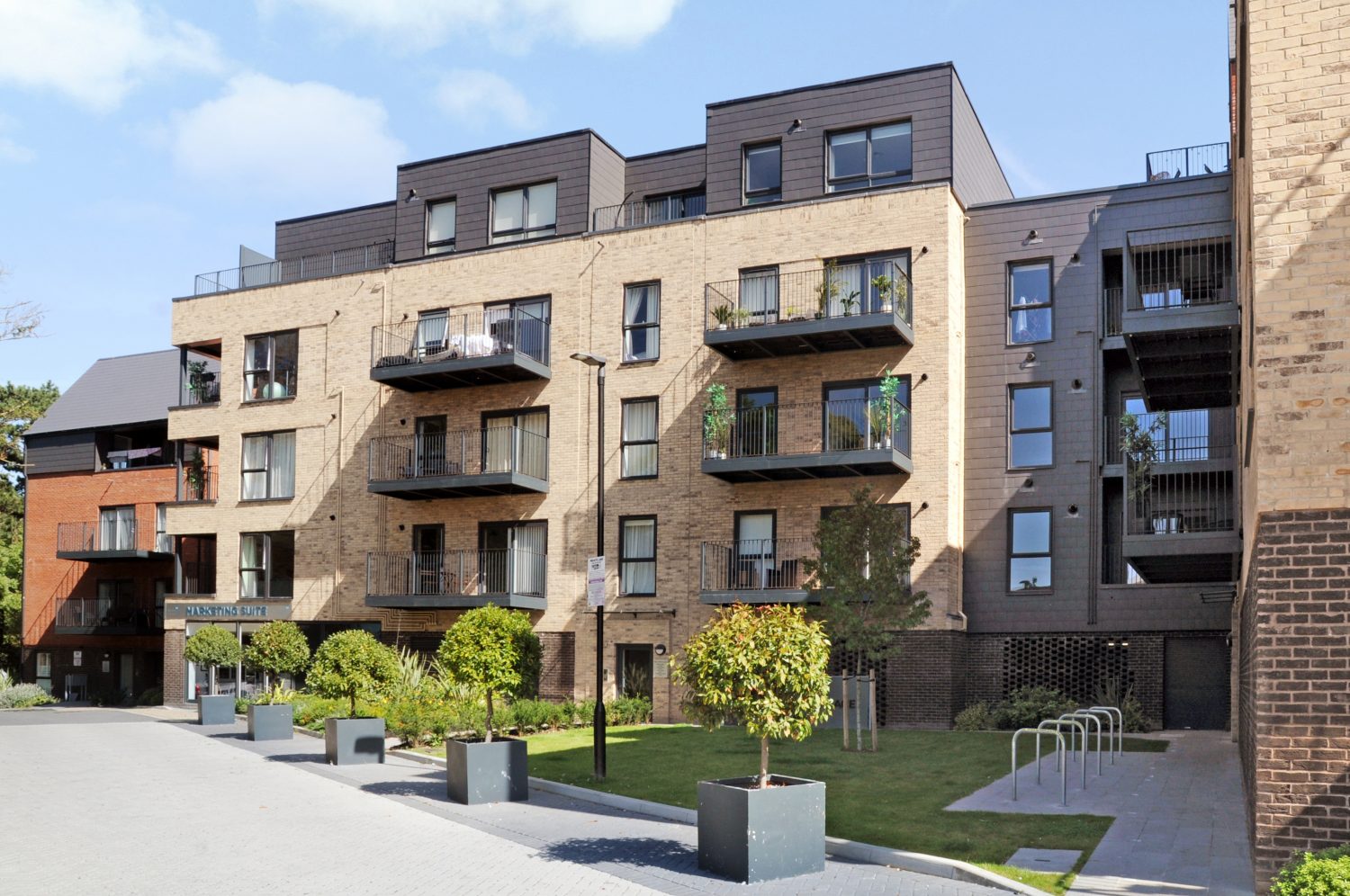
How does British Offsite produce social value?
At our Horizon and Skyline factories in Essex, we employ 100+ people in highly skilled advanced manufacturing roles. We are equipping people across the generations with high-tech skills that will be in high demand in the future.
Our parent company Weston Homes operates a number of apprenticeship construction schemes, and we are investigating the introduction of a high-tech manufacturing apprenticeship at British Offsite.
Together we are working with the industry to encourage people from diverse backgrounds to join the construction industry.
In the locations where we work, we aim to contribute to the local community, whether that’s through connecting with local schools, hiring people from local communities, growing skills or buying locally.
As part of the Weston Homes Group, we are part of the Considerate Constructors scheme, and take into account local community needs throughout the construction and panel installation process.
Proud members of our industry bodies and for achieving third-party accreditation for the performance of our products and systems.

